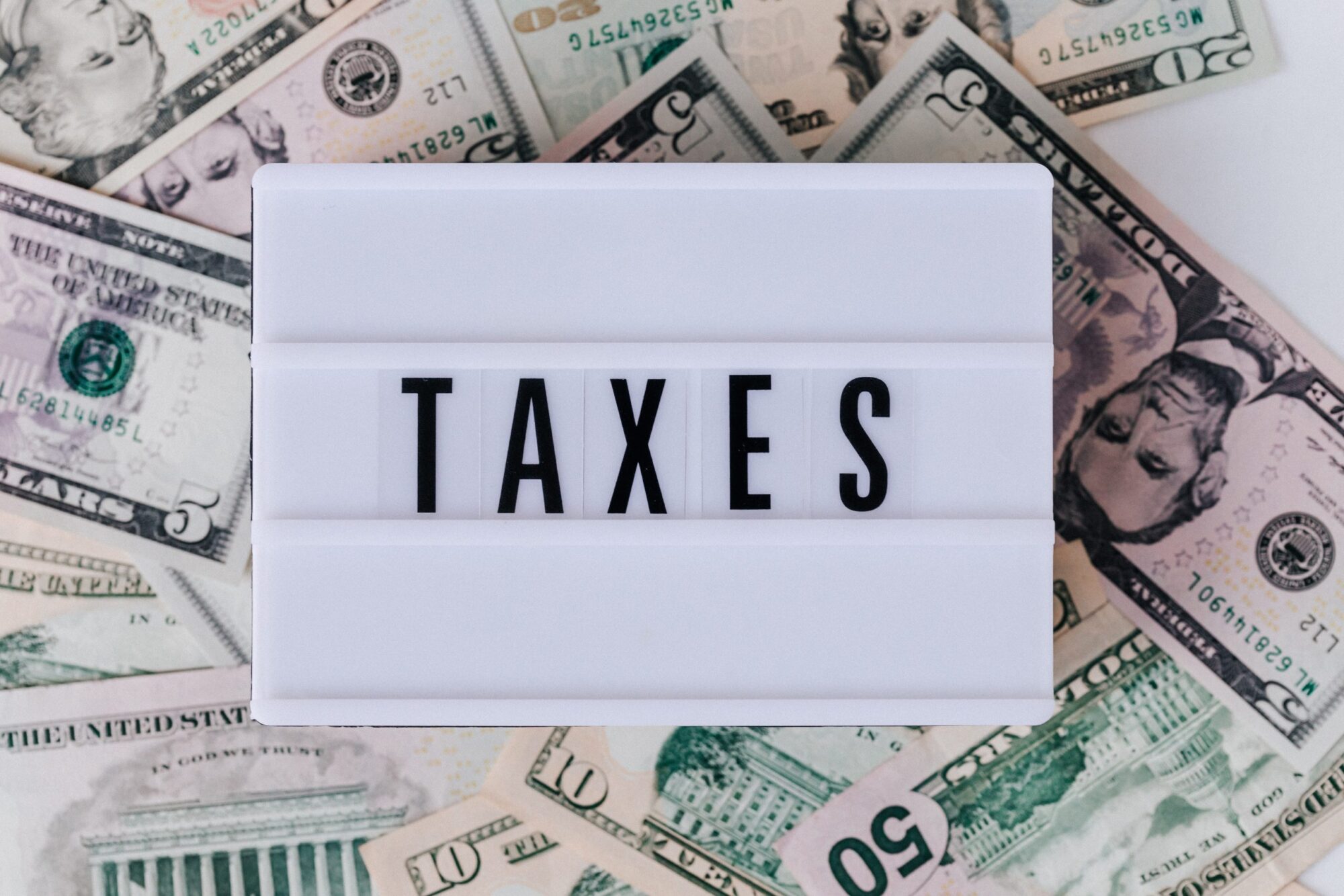Booster Club End of Year Checklist – 2024 Edition
It’s hard to believe that 2024 is juuuuust about over! As the winter breaks commence,

It happens every year. Booster club management transitions to new leadership and important business from the previous months is left unfinished or forgotten altogether. New leaders have to learn the ropes quickly and are often tasked with challenging fundraising initiatives soon after joining the organization. With the whirlwind of activity that comes with leading a booster club, forgetting about booster club tax returns is bound to happen in some organizations.
Taxes aren’t exactly glamorous or exciting, but they’re an unavoidable aspect of running a business. Although your booster club may have tax-exempt status as 501(c)3 nonprofit organization, you are still required to file a report with the IRS every year. Failure to file can have a serious impact on the financial health of your booster club and can even result in your booster club losing its nonprofit status.
Effectively running a booster club is no small feat, and things inevitably fall through the cracks. If you’re late filing your booster club returns, here’s what you need to know.

Many parents start a booster club or take leadership positions in school booster clubs to support their kids in their extracurricular endeavors. But once four years are up and graduation rolls around, those parents no longer feel the need to participate in their athletic or performing arts booster club. Of course, this means that new leadership must be instated to take their place.
The period of transition for a booster club’s board of directors or executive staff can be messy and leave important business unfinished. When booster club tax returns are forgotten, it’s often because of the of process of changing leadership within the organization. But there are other reasons why booster club tax return get forgotten, such as:

It’s crucially important to file your booster club taxes on time. Organizations struggling with filing their tax returns can ensure that they file on time by adopting a few simple organizational strategies:

Filing your booster club tax returns late can be a serious problem. We all know things unintentionally fall by the wayside in small organizations like booster clubs, staffed and lead by volunteers who many other competing interests and deadlines in their personal and professional lives. But your booster club tax returns are more than just a formality.
A booster club board of directors must remember that filing booster club taxes ensures the survival of the booster club, and thus, the survival of the programs which they support. After all, the drama club would be hard pressed to raise the funds they need for the annual spring show without the support of their boosters.
There are consequences for filing late or failing to file that booster clubs should know about.

For 501(c)3 Nonprofit Organizations
Filing late can carry serious penalties. The standard nonprofit tax form, the 990 form, is due on the fifteenth day of the fifth month after the booster club’s year-end. For most booster clubs, failure to submit your 990 form on time incurs a $20 daily penalty for each day that your form is late, up to $10,000 or 5% of the organization’s gross receipts. And in the unlikely case that you run a booster club whose gross receipts exceed one million dollars, the daily penalty is $100 for each day that your 990 form is late, up to $50,000.
Failure to file your booster club tax returns for three years in a row will result in losing your nonprofit status. This means, among other things, that your booster club will no longer be able to receive tax deductible contributions from supporters. The IRS actually publishes the list of organizations whose nonprofit status was revoked due to failure to file their required 990 forms, making information about your revocation available to the public.
Once nonprofit status is lost, it can be difficult to get back. Reinstating tax-exempt status as a nonprofit organization can be accomplished through a few different avenues but will ultimately require you to provide reasonable cause for repeated failure to submit 990 forms in previous years.

For Other Booster Clubs
If your booster club doesn’t have 501(c)3 status, failure to file can have different consequences for your organization. As with nonprofit booster clubs, failure to file incurs fines from the IRS and can impact your organization’s ability to stay profitable. This can happen for a number of reasons.
As we’ve mentioned, transitions in leadership are probably the most common cause of booster club tax returns not being filed on time. Poor documentation, ignorance of tax requirements, or even dormant booster clubs can all contribute to failure to file on time.
What ever the reason may be, booster clubs can rectify these problems by getting in touch with the IRS and submitting the proper forms. To prevent problems with taxes in the future, booster club management must ensure that proper documentation practices are implemented and followed throughout the course of the calendar year.
Running a booster club can be an incredibly rewarding experience, but it doesn’t come without difficulties. Ensuring that your booster club files its taxes on time is one of the most important things you can do to keep your organization running smoothly.

It’s hard to believe that 2024 is juuuuust about over! As the winter breaks commence,…
Happy Thanksgiving, Black Friday, Cyber Monday and all that! As we are heading into the…
It’s the last weekend before Thanksgiving, and we have had a really busy week. While…



It’s hard to believe that 2024 is juuuuust about over! As the winter breaks commence,

Happy Thanksgiving, Black Friday, Cyber Monday and all that! As we are heading into the

It’s the last weekend before Thanksgiving, and we have had a really busy week. While